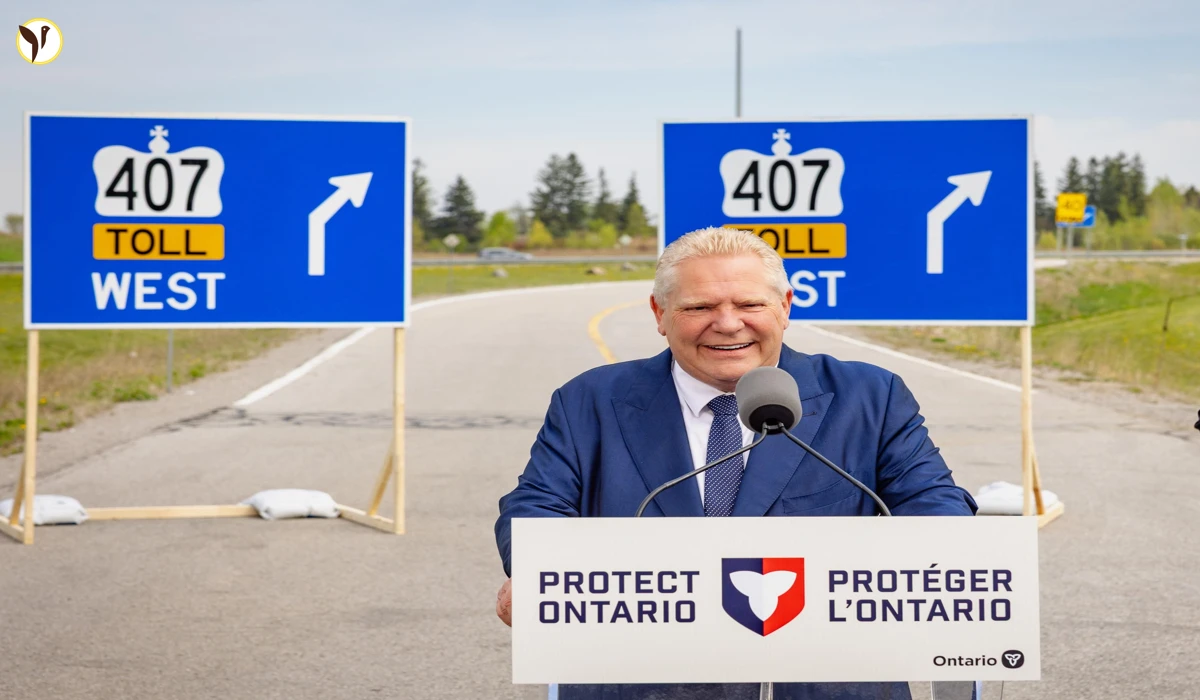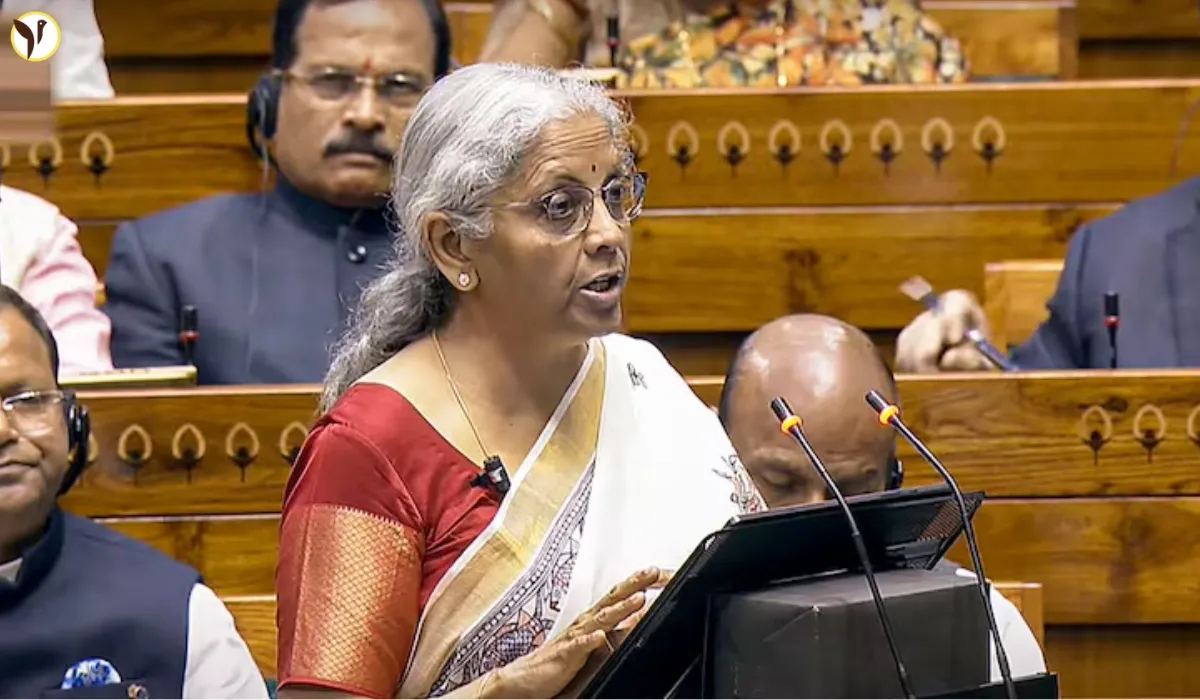Ontario's Gas Tax Cut and 407 Toll Removal: A Cost-Saving Measure or a Risky Gamble?
Ontario Premier Doug Ford recently announced a bold plan: permanently cut the provincial gas tax and eliminate tolls on the eastern stretch of Highway 407. He's calling it a win for drivers, promising significant savings. But is this policy truly beneficial, or does it mask deeper, potentially harmful consequences?
A Closer Look at the Policy
The plan boasts impressive savings: a 5.7-cent-per-litre reduction in gas tax, projected to save the average household $115 annually. The removal of tolls on Highway 407 East, from Brock Road to Highway 35/115, could save some commuters up to a staggering $7,200 per year. These changes, coupled with previous cuts to license plate fees and driver's license costs, are part of a broader initiative by the Ford government to ease the cost of living for Ontarians.
- Gas Tax Cut: Made permanent at nine cents per litre.
- Highway 407 East Toll Removal: Effective June 1, 2025.
- Other Savings: Eliminated license plate fees and frozen driver's license fees.
The government frames these measures as a necessary response to economic uncertainty, inflation, and potential US tariffs. But critics argue that this approach could have significant unintended consequences.
Expert Concerns and Counterarguments
Environmental lawyer Albert Koehl, author of Wheeling Through Toronto, expresses concern that the policy undermines previous investments in public transit by making driving cheaper and more appealing. He believes this will lead to increased traffic congestion and ultimately contradict the government's stated goal of reducing gridlock. He calls it a misuse of public funds, arguing the policy disproportionately benefits higher-income drivers who are more likely to own cars.
Professor Matti Siemiatycki of the University of Toronto’s Infrastructure Institute shares similar concerns. He points out that removing tolls shifts the financial burden from drivers to all taxpayers, adding to the provincial deficit. He warns that cheaper driving will inevitably lead to more driving, resulting in increased traffic, congestion, and higher emissions – negating any environmental benefits.
The Ontario Green Party Leader, Mike Schreiner, also criticizes the government's priorities, suggesting that investing in subsidized truck tolls on the 407 to divert freight traffic from the overcrowded 401 would be a more effective way to reduce congestion. He highlights the loss of revenue for public transit operations due to the gas tax cut, which makes providing affordable and reliable public transit more challenging.
Tim Gray, executive director of Environmental Defence, advocates for expanding public transit within cities, creating dedicated bus lanes, and supporting the construction of new transit lines, along with promoting housing within cities to reduce urban sprawl. He says these measures are crucial to achieving sustainable transportation goals.
International studies appear to support these concerns. Experiments in Germany and the UK have shown that fuel tax cuts, while potentially stimulating short-term economic activity, often lead to increased driving, offsetting environmental benefits and disproportionately benefiting higher-income individuals.
Conclusion: A Complex Issue with Uncertain Outcomes
Premier Ford's announcement has sparked a lively debate. While the promise of cost savings is appealing to many Ontarians, concerns remain regarding the potential long-term financial and environmental impacts. The true effectiveness of this policy remains to be seen. The upcoming provincial budget, containing details of the legislation, will provide a clearer picture of the overall economic plan. Only time will tell whether this is a truly beneficial strategy or a gamble with potentially high stakes for Ontario.









